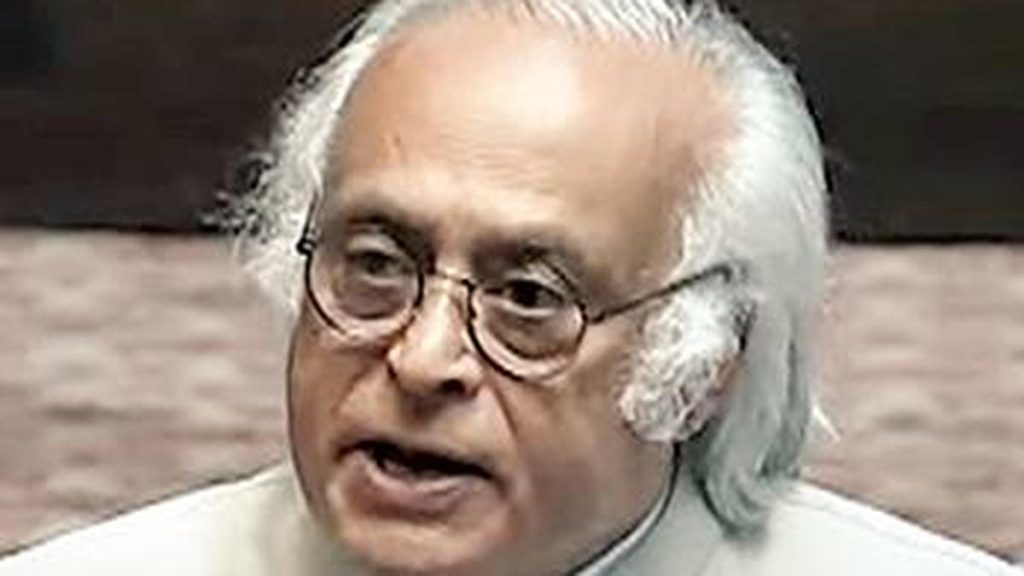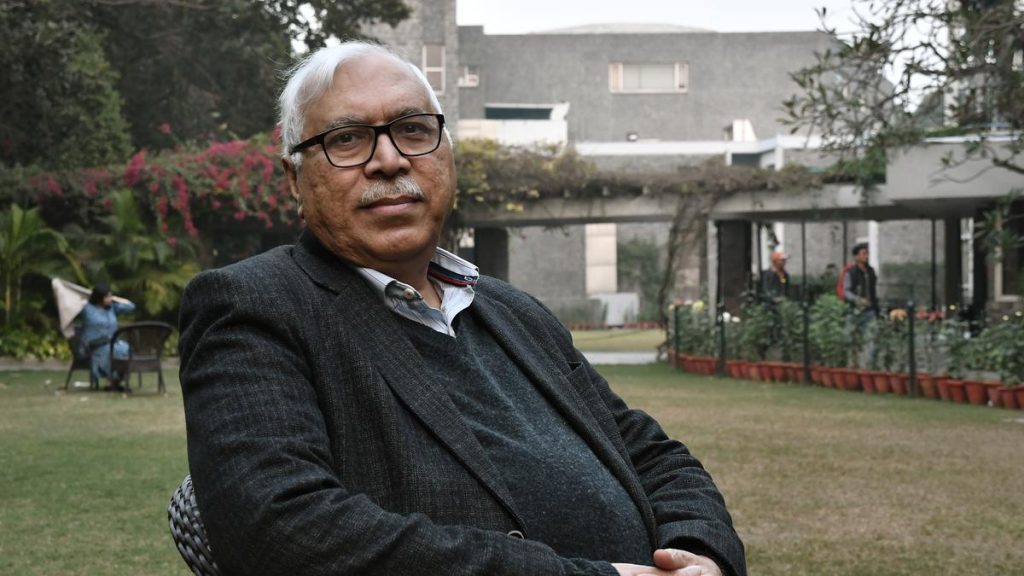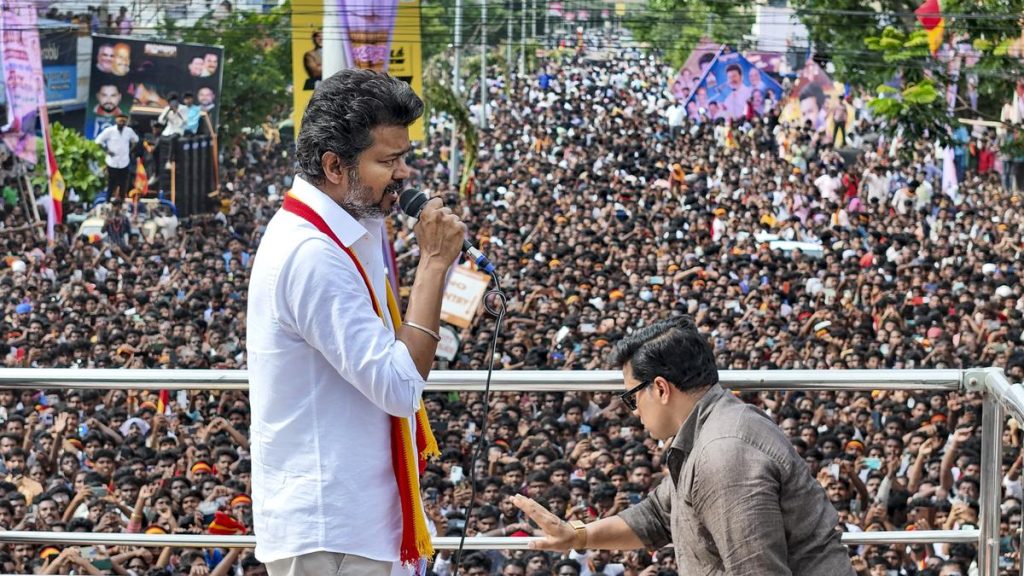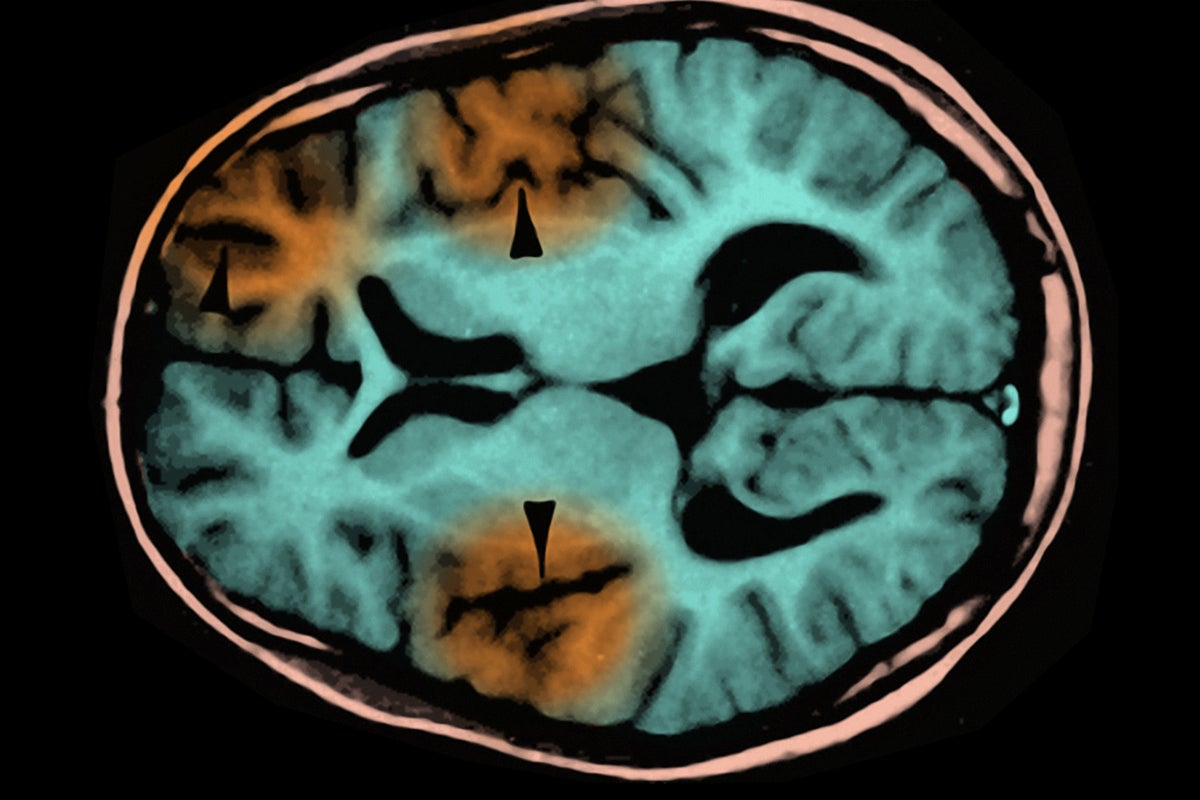Now Reading: How 3D Laser Scanning Could Help Reconstruct the Charlie Kirk Shooting, Explained by Forensic Expert
-
01
How 3D Laser Scanning Could Help Reconstruct the Charlie Kirk Shooting, Explained by Forensic Expert
How 3D Laser Scanning Could Help Reconstruct the Charlie Kirk Shooting, Explained by Forensic Expert
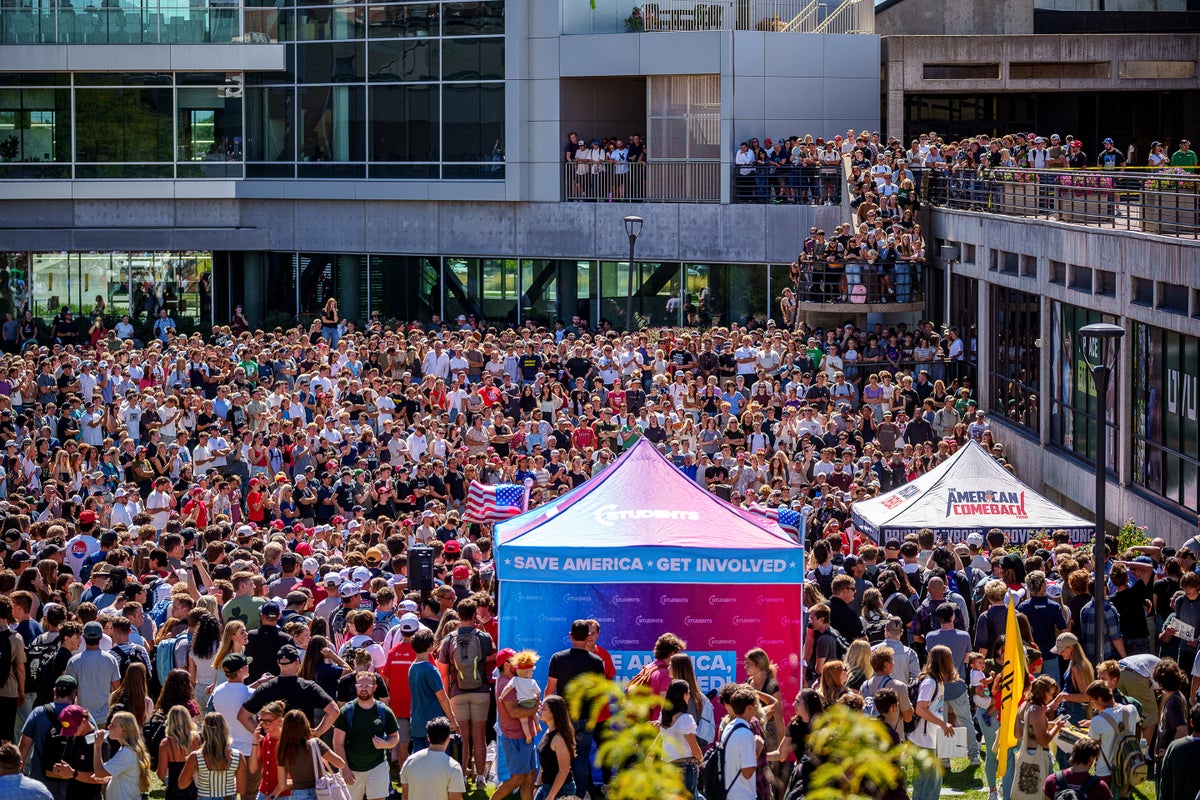
Rapid Summary
- Charlie Kirk, the 31-year-old founder of Turning Point USA, was shot while speaking outdoors at Utah Valley University on Wednesday. He succumbed to his injuries later that day.
- The shooter may have fired a single shot from a nearby rooftop,according to investigators.
- Tyler Robinson, age 22, was apprehended on friday after an intensive manhunt and has been identified as the suspect.
- Experts are utilizing advanced forensic methods such as 3D laser scanning for crime scene reconstruction in this case.
- Michael Haag, a forensic expert and pioneer of shooting incident reconstruction using 3D laser scans, explained the role of this technology in accurately preserving spatial relationships at crime scenes and analyzing trajectories or vantage points.
Indian Opinion Analysis
The tragic death of Charlie Kirk highlights the crucial role modern forensic technologies like 3D laser scanning play in homicide investigations. By documenting precise spatial details and reconstructing trajectories with high accuracy, these tools offer law enforcement greater clarity in understanding complex cases. While traditional methods often face challenges due to altered or disturbed crime scenes over time, innovations like these allow investigators to revisit evidence virtually for years into the future-a notable step toward ensuring thorough examinations.
For India’s context-where police often contend with resource challenges during investigations-the adoption of such cutting-edge technology could bolster judicial outcomes by enhancing evidence reliability. It exemplifies how advancements in science can redefine procedural standards not just abroad but also within emerging nations striving for justice reforms. As India’s crime rates evolve along with urban complexities akin to those seen overseas, learning from such global practices might provide pathways toward more robust investigative frameworks.


